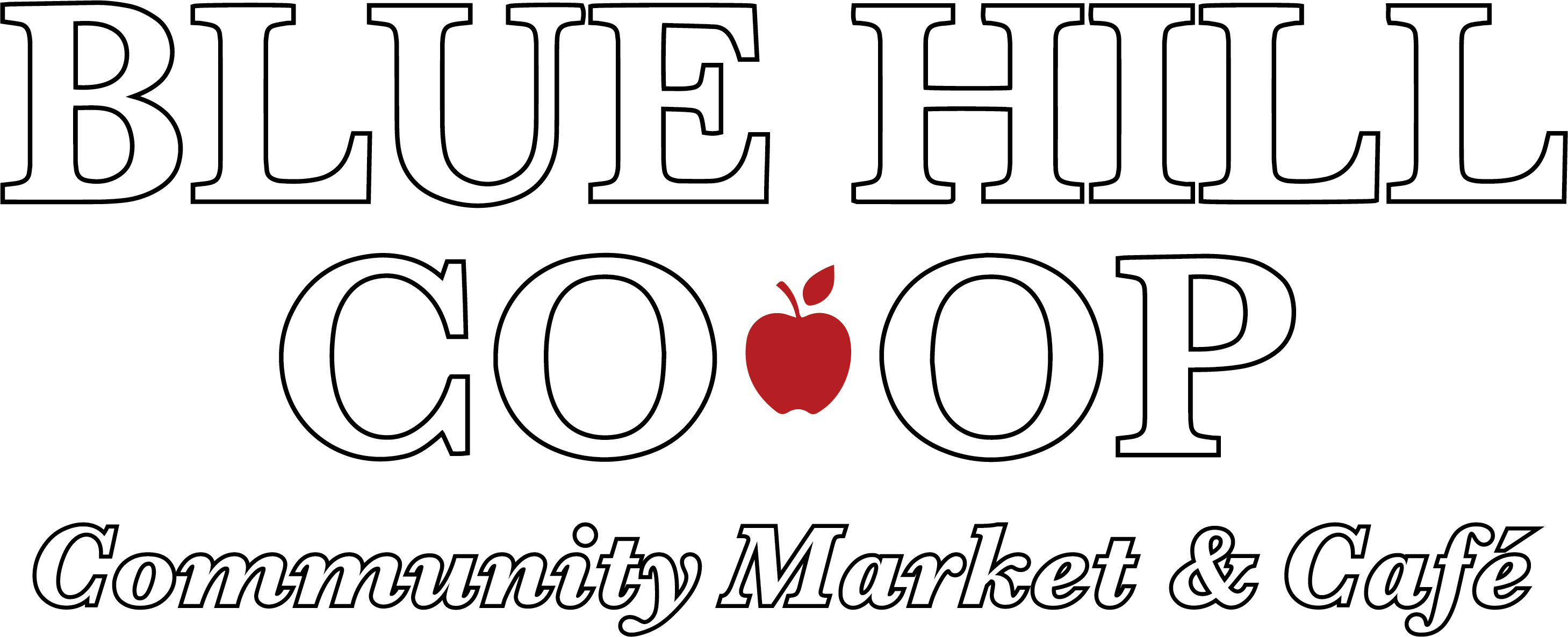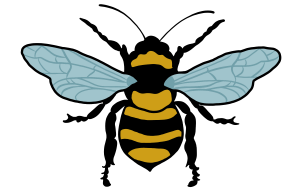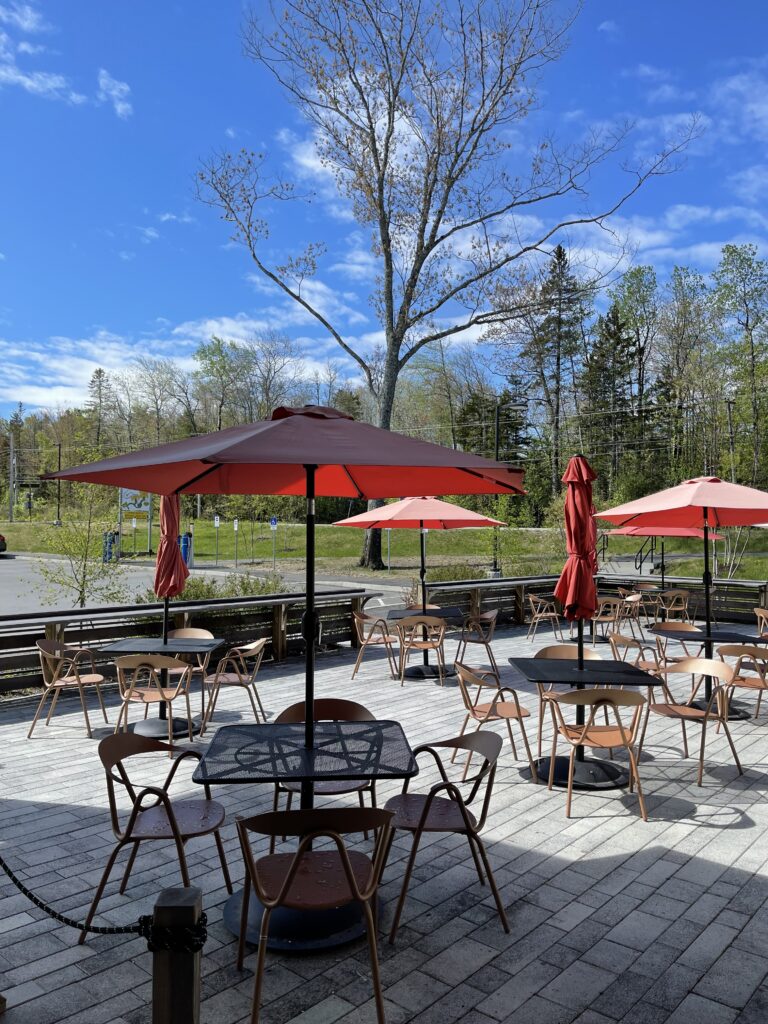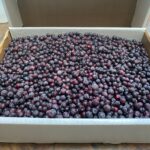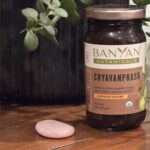Summer in Maine has arrived in all her glory. On the heels of a mild winter (thanks in part to the El Niño weather phenomena) climate experts predict that the country has begun to transition into a different weather phenomena: La Niña. Typically, when these two weather phenomena begin a transition from one to another, it can put an entire region into a holding pattern of atmospheric conditions. Unfortunately for Mainers, this holding pattern means an unusually humid, hot summer, with temperatures predicted to stay between 60-80% higher than average and precipitation expected to be between 40-50% higher. In the words of the Farmers’ Almanac, we’re in for a “sultry and soggy” one. In an effort to stay safe and comfortable while also prioritizing energy efficiency, we’ve put together some useful tips for making the most of the (practically tropical) cards we’ve been dealt this year.
Overexposure to heat can lead to issues such as exhaustion, sunburns, cramps, sunstroke or heatstroke. Especially for vulnerable populations such as children, older adults, people experiencing homelessness, people with pre-existing health conditions, people with disabilities, laborers, emergency responders, incarcerated people, low income communities, pregnant people, and athletes, high temperatures such as the ones we are already seeing this summer can pose a serious threat. Exposure to heat may result in more severe health risks or death because the strain of regulating core body temperature can exacerbate pre-existing conditions, including cerebral, respiratory, and cardiovascular diseases. Additionally, some medications (such as some antidepressants, diuretics, and beta-blockers) taken for a chronic illness may also increase sensitivity to heat by interfering with the body’s ability to regulate temperature, fluids, or electrolytes.
Prevention is the best response to extreme heat and some tips for staying cool and safe during heat waves are:
- Stay on top of staying hydrated (don’t wait until you are thirsty) with non-caffeinated, non-alcoholic fluids
- Avoid direct sun exposure as much as possible
- Schedule outdoor activities for the morning or evening, rather than middle of the day
- Stay indoors during the hottest part of the day (between 2-4pm) and try to avoid strenuous activity during this time
- Use a buddy system when working outdoors in extreme heat and take frequent breaks to cool off and hydrate
- Dress in loose-fitting, lightweight, and light-colored clothes (especially linen and cotton fabrics) that cover as much skin as possible
- Protect the face and head by wearing a wide-brimmed hat, sunglasses with UV protection, and sunblock (SPF 30 or higher)
- Read the side effects of any medications you are taking and talk with your doctor about how heat exposure might interact with them
- Take advantage of public parks, pools, water bodies, or other outdoor assets that can offer cooling relief during hot weather
- Remember to never leave children or pets alone in a parked car; temperatures in a car can rise 20 degrees in just 10 minutes (even with a window open)
- To quickly cool a car that has been sitting closed up, unroll only the passenger’s window then rapidly open and almost close the driver’s side door several times to create a bellows effect and push the heated air out of the car
Summer Energy-Saving Ideas (in part from Central Electric Cooperative’s website):
- When out of the house, consider setting the temperature to a higher temperature or using a programmable thermostat to automatically adjust for daily outings.
- Utilize natural ventilation and open windows in the mornings and evenings to let cooler air in.
- Utilize window coverings to block out direct sunlight during the hottest parts of the day and keep your home cooler. By using window coverings, heat gain can be reduced by as much as 40%.
- Invest in energy efficient appliances to reduce energy consumption, such as those with the Energy Star label.
- Instead of relying solely on air conditioning to keep cool, consider using a combination of fans and natural ventilation to cool your home. Ceiling fans or portable fans can circulate air and create a wind-chill effect. Remember to turn off fans when you leave the room, as they cool people, not spaces.
- Regularly maintain your cooling system to keep it functioning optimally by cleaning or replacing filters to ensure proper air flow, keeping outdoor condenser units free from obstructions (such as leaves or debris) to maintain its efficiency, and having central air or ductless systems inspected annually by an HVAC technician.
- Seal air leaks around windows, doors, and other openings by using weather stripping or caulk to keep cool air in and warm air out. This tip will serve you year-round!
- Consider planting trees or installing awnings and shades on windows to block direct sunlight, as the natural shade will reduce the amount of heat entering your home. Outdoor window shutters or awnings placed over windows exposed to direct sunlight can reduce heat gain by a whopping 70%!
- Try to use appliances which generate heat – such as ovens, stoves and clothes dryers – during the cooler parts of the day to avoid putting undue strain on your cooling system.
- Ventilate the attic using vents or an attic fan (to keep hot air from building up) and check that attic insulation is adequate.
- Turn off any heat-generating appliances (such as TVs, computers, and lights) when you’re not using them.
By implementing any or all of these energy-saving tips, you can make a significant impact on your energy usage and reduce your summer electricity bills. Every small step counts!
The grim reality of summer is that it’s really hot and household cooling efforts can be expensive. The kitchen is a great place to conserve some energy, while still celebrating the bounty of summer produce. The US Department of Energy estimates that about 15% of an average household’s energy costs originate in the kitchen. Two excellent ways to conserve energy in the kitchen are by cooking in larger batches (such as 4-8 serving meals) and opting for raw ingredients that can be enjoyed without turning on the heat. Grated carrots, cabbage, radish and beets make simple and delicious additions to salads and sandwiches. Matchstick turnips, cucumbers, celery, carrots, zucchini, broccoli stalks and more are a lovely, summer “picnic snack” when served with dips or in salad.
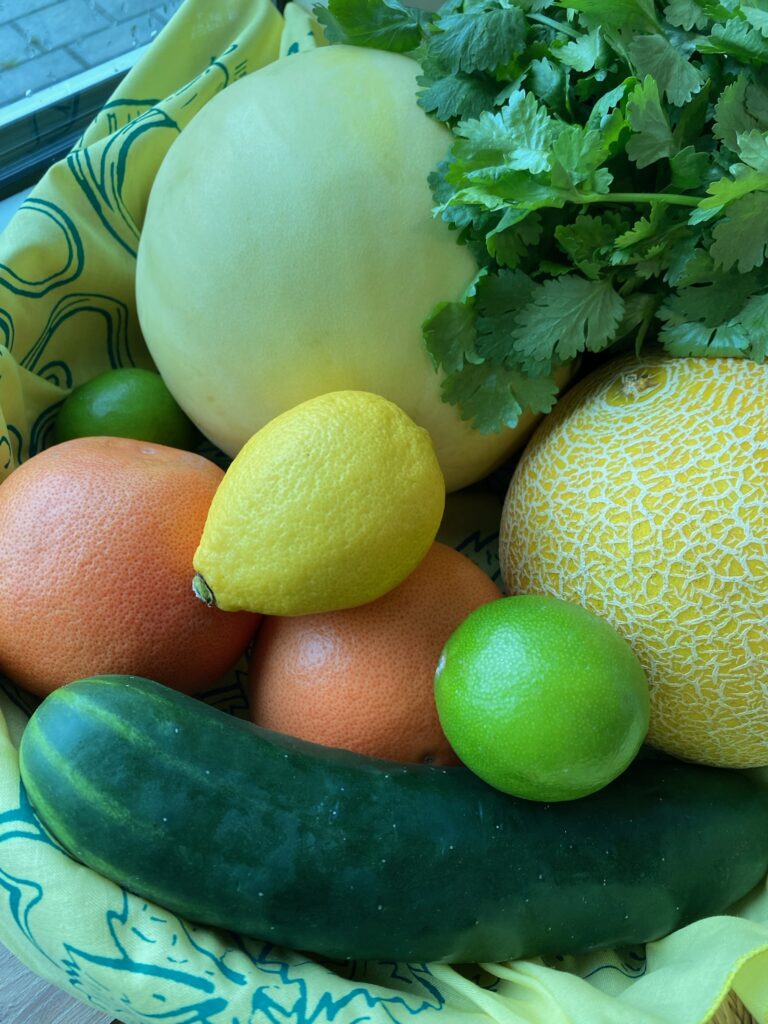
Keep the heat outside and use the grill whenever possible during the summer months. A portable rice cooker allows you to cook rice, quinoa, millet and amaranth without firing up the hot stove and can even be plugged in on the porch to keep heat and steam outdoors. Cooking in a microwave can also reduce heat produced by cooking. Exploring some cold breakfast options rather than defaulting to hot dishes in the mornings – such as “overnight” oats and smoothies – is one way to cook less during the warmer months. Many grains traditionally served hot can be modified to be eaten chilled by soaking or sprouting. Some cooling fruits and vegetables that are excellent sources of electrolytes, vitamins and minerals are: melons, citrus, cucumbers, leafy greens, mint, parsley, cilantro, berries, tomatoes, zucchini, and coconut water.
Be sure to drink plenty of water during the hot weather and be mindful of consuming too many diuretic beverages (which flush water from your system), such as caffeine-containing drinks (ie. tea, coffee, soda, and energy drinks) and alcohol. Either try to decrease the amount of these beverages that you consume during hot weather or balance them out with additional water to compensate for the fluid loss. A general rule of thumb for staying well-hydrated is to drink about half of your body weight in ounces of filtered water daily. Each body is different and our water requirements vary based on factors like age, activity level, processed food, sugar and sodium intake, pregnancy, medications, etc. Try to tune into your body to figure out what feels best for you. It is best to try to sip water between meals so you don’t dilute your stomach acid and enzymes. One way to get a head-start is to drink 8-16 oz of water upon waking every morning. You could also consider adding electrolytes to your water, as they help your body to hold onto and more efficiently utilize the water that you drink.
Summer is a coveted and deeply nourishing season for many of us after the long, dark winter season here in Maine. When the weather is hotter than a snake’s butt in a wagon rut, it can be hard to really appreciate it (let alone get outside and enjoy it) but hopefully these tips and tricks will help to make your summer a more safe, comfortable and energy-efficient one!
Note: Content published on this blog is not intended to be a substitute for professional medical diagnosis or advice. Consult your physician or other qualified healthcare providers with questions you may have regarding your symptoms and medical condition for a complete medical diagnosis. Do not delay or disregard seeking professional medical advice because of something you have read on this Blog.
Resources:
Sources Cited:
